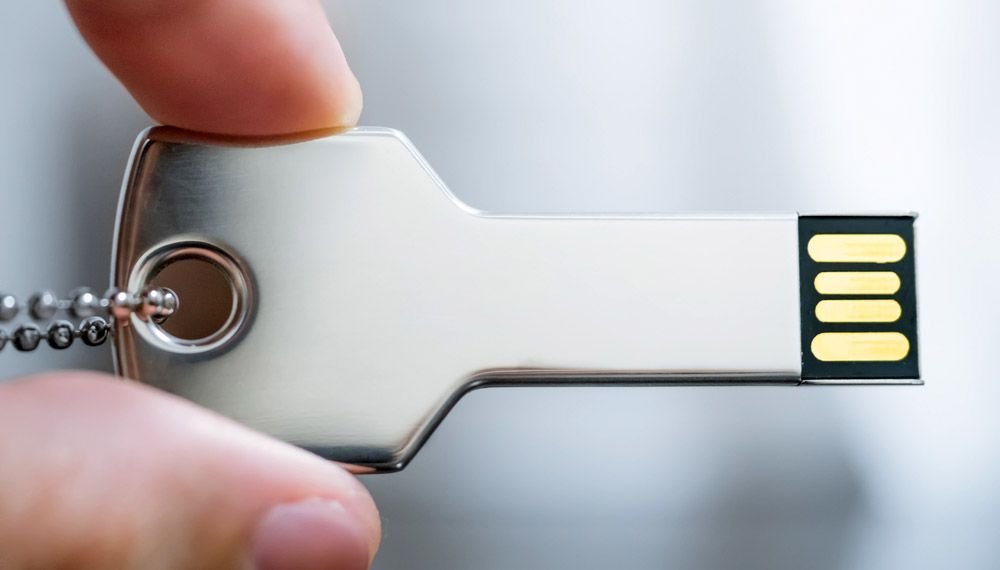Cybersecurity is a growing concern in today’s digital world. 1324hwkeys plays a crucial role in securing access to sensitive data and online accounts. Whether for business or personal use, understanding hardware security keys is essential for safeguarding information. This guide covers encryption access keys, secure login keys, and two-factor authentication keys to help you choose the right security solution.
What Are 1324hwkeys?
The term 1324hwkeys refers to a category of hardware security keys designed to enhance online security. These physical devices generate unique codes that authenticate users when logging into accounts or accessing encrypted files. They work as an extra security layer, preventing unauthorized access.
Unlike software-based authentication, digital authentication keys reduce hacking risks by requiring a physical device for verification. They support two-factor authentication (2FA) and are commonly used for online banking, business networks, and personal security.
How Hardware Security Keys Work
1. The Role of Cryptographic Hardware Keys
Cryptographic hardware keys use encryption techniques to verify a user’s identity. They generate time-sensitive codes, ensuring secure logins. These codes prevent phishing attacks and unauthorized access.
2. Two-Factor Authentication Keys for Extra Protection
Many companies now require two-factor authentication keys to protect sensitive data. Users must enter a password and verify access using a physical key. This method drastically reduces cyber threats.
3. USB Authentication Keys for Seamless Access
USB-based security token keys plug into devices for quick authentication. These USB authentication keys are widely used in workplaces, adding an extra layer of security.
Types of Secure Encryption Keys
There are several types of secure encryption keys available for different security needs:
1. Physical Security Keys
Physical security keys are compact devices that generate unique security codes. They require users to physically insert them into a device or tap them to authenticate.
2. Digital Authentication Keys
Digital authentication keys are software-enhanced security devices. They store encrypted credentials and provide seamless login access across multiple platforms.
3. Security Token Keys
Security token keys generate one-time passwords (OTPs) or use biometric verification to grant access. They are widely used in corporate environments.
Benefits of Using Hardware Security Keys
1. Protection Against Cyber Attacks
Secure login keys significantly reduce hacking risks. Since hackers cannot duplicate physical keys remotely, they provide better protection than passwords.
2. Prevents Phishing Attacks
Unlike SMS-based 2FA, encryption access keys ensure that credentials remain safe from phishing scams. They work only on authorized devices.
3. Easy to Use and Highly Durable
Most USB authentication keys work instantly without requiring additional software. They are compact, waterproof, and tamper-resistant.
4. Multi-Platform Compatibility
Cryptographic hardware keys support multiple devices, including Windows, macOS, Linux, and smartphones. They integrate easily with platforms like Google, Microsoft, and banking apps.
How to Choose the Best Hardware Security Key
1. Consider the Compatibility
Choose USB authentication keys that support your devices. Some keys use USB-C, NFC, or Bluetooth for connectivity.
2. Check Security Standards
Look for secure encryption keys that follow FIDO2 or U2F standards. These protocols ensure advanced security protection.
3. Select a User-Friendly Option
For beginners, security token keys with plug-and-play functionality are ideal. Advanced users may prefer programmable authentication keys.
4. Look for Additional Security Features
Some physical security keys offer fingerprint scanning or password storage. These features enhance security for sensitive accounts.
How to Use a Hardware Security Key
Using hardware security keys is simple:
- Register the key with your online account or device.
- Plug in or tap the key when prompted during login.
- Enter your password to complete authentication.
- Access granted only if the key matches the registered device.
This process ensures only authorized users can log in.
Common Mistakes to Avoid
Many people misuse two-factor authentication keys, leading to security vulnerabilities. Avoid these mistakes:
- Not keeping a backup key: Losing your key may lock you out of accounts.
- Sharing your key: Hardware keys are for personal use only.
- Forgetting to update security settings: Ensure your key remains compatible with updated security policies.
Following these steps ensures maximum protection for your digital identity.
Conclusion
1324hwkeys and hardware security keys provide the highest level of digital security. Whether for personal or business use, USB authentication keys, security token keys, and encryption access keys ensure safe online access. Using these tools minimizes cyber risks and keeps accounts secure. Choose the right secure login keys to enhance your protection today.
FAQs
1. What is the best hardware security key for beginners?
For beginners, USB authentication keys with plug-and-play functionality are the easiest to use.
2. Can hardware security keys be hacked?
No, cryptographic hardware keys provide strong protection against cyber threats. They require physical access to authenticate.
3. Are hardware security keys better than 2FA apps?
Yes, two-factor authentication keys offer better security than app-based authentication. They prevent phishing attacks and unauthorized access.
4. What happens if I lose my security key?
Always keep a backup physical security key or set up an alternative authentication method.
5. Do all websites support security token keys?
Not all, but most major platforms, including Google, Microsoft, and online banks, support secure encryption keys.
By understanding 1324hwkeys and using secure login keys, you can protect your digital identity from cyber threats. Invest in the right hardware security keys for maximum safety!
